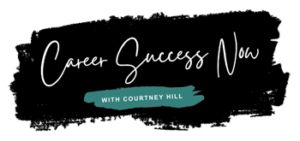Your Path to Success: Guided by Professional Resume Writers
Unlock success with professional resume writers! Enhance your unique skills and gain a competitive edge.
Crafting Success: Unlocking the Power of Executive Bio Writing
Unlock your career potential with powerful executive bio writing. Craft a compelling story that captivates employers.
Tailored to Perfection: Unleashing the Power of Customized Resume Solutions
Unlock your career potential with customized resume solutions. Tailored to perfection for job application success.
Transform Your LinkedIn Presence: Mastering Profile Optimization
Optimize your LinkedIn profile for professional success. Master the art of profile optimization and boost your career prospects today!
Land Your Dream Job: The Key Ingredients of Job-Winning Resumes
Craft job-winning resumes with the perfect blend of contact info, professional summary, work experience, education, skills, and more!
Achieve Your Career Goals: Unraveling the Impact of Resume Editing and Proofreading
Unlock your career potential with expert resume editing and proofreading services. Polish your resume for success today!
Step Up Your Game: Elevate Your Interview Skills with Coaching Services
Supercharge your interview skills with professional coaching services. Ace your next interview with confidence and expertise!
Unlock Your Career Potential: Expertise of Industry-Specific Resume Masters
Unlock your career potential with industry-specific resume masters. Craft a winning resume tailored to your industry and maximize your chances of success.
Building Your Career Path: Professional Branding for Success
Unlock your career potential with professional branding! Craft a compelling resume, build an online presence, and network like a pro.
The Ultimate Guide to Job Search Strategy Help
Discover the ultimate job search strategy help! From resumes to interviews, we’ve got you covered in landing your dream job.
